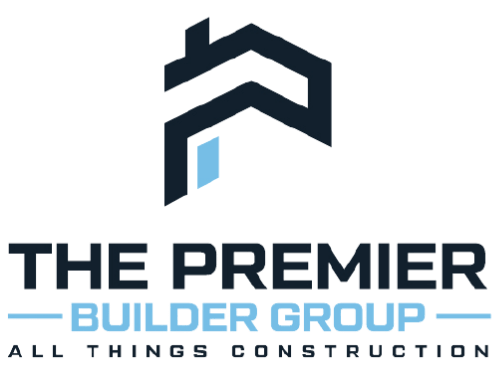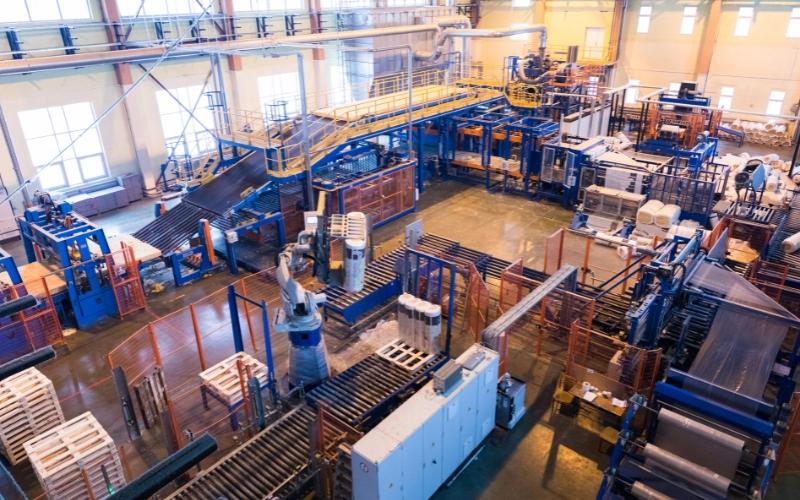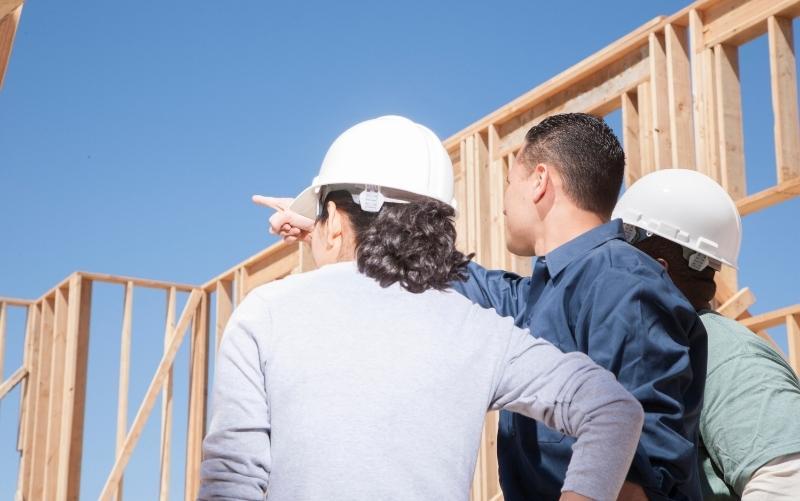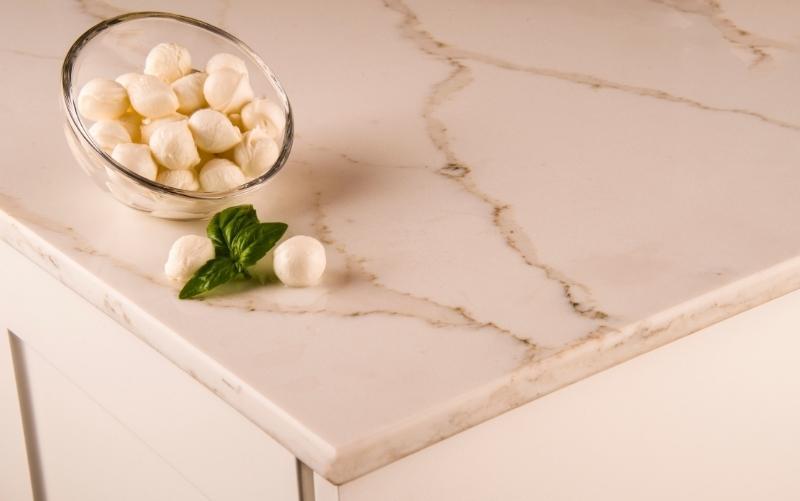The term “manufactured housing” is often used interchangeably with “factory-built housing.” Both refer to homes that are constructed in a controlled factory environment. This type of housing is growing in popularity.
Factory-built housing offers new solutions for the challenges facing the affordable housing market. It is seen as the future of affordable homeownership. Factory-built housing provides an efficient construction process, cost-effectiveness, and environmental benefits.
Builders need to understand the benefits of this innovative method. The Premier Builder Group stays up-to-date with the latest industry trends and technologies. It is always open to new and innovative solutions.
That is why we want to introduce you to the benefits and disadvantages of this type of housing.
Benefits of the factory-built housing
Cost Effectiveness
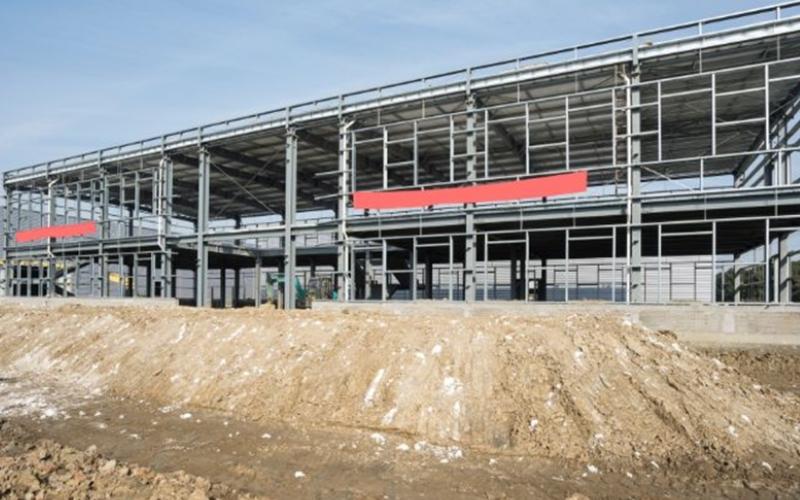
One of the primary advantages of factory-built homes is that they cost less.
Since these homes are already built, many of the costs of building and designing them can be avoided.
Additionally, having portions pre-made means there is less on-site construction. This usually leads to reduced labor costs.
Increased Efficiency
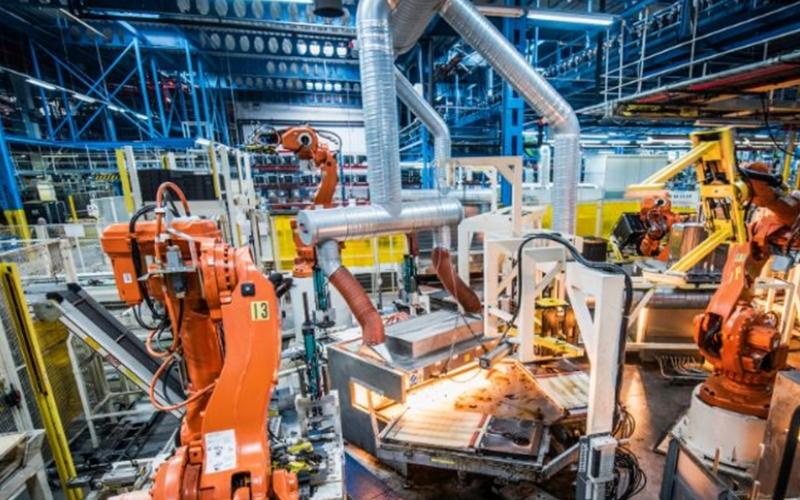
In a factory setting, every aspect of the home is built under controlled conditions.
This contributes to higher quality control and quicker construction times. As a result, homes are not only more affordable but also built to last.
Also, the factories that produce these homes use the latest building technology and materials.
That is why they are some of the most energy-efficient homes on the market.
Superior Building Materials
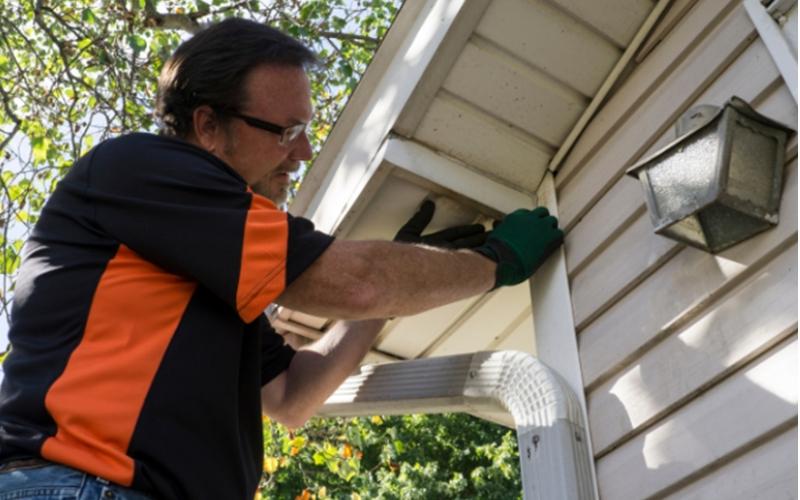
Factory-built housing uses high-quality building materials. These materials offer superior protection against weather and fire.
For example, metal roofing is stronger than asphalt shingles. At the same time, vinyl siding is fire-resistant and impervious to termites.
Don’t misunderstand us. We don’t say using these materials in traditional buildings is impossible. We say they are standard in factory-built housing.
Environmentally friendly
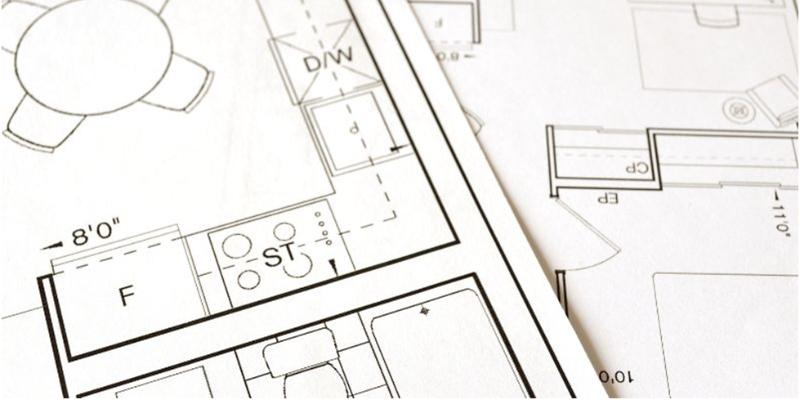
High-quality building materials and advanced construction processes also make factory-built homes environmentally friendly.
The use of recycled materials helps to protect the environment.
Green building certification ensures that the house meets sustainability standards.
Lower Maintenance Cost and Greater Durability.
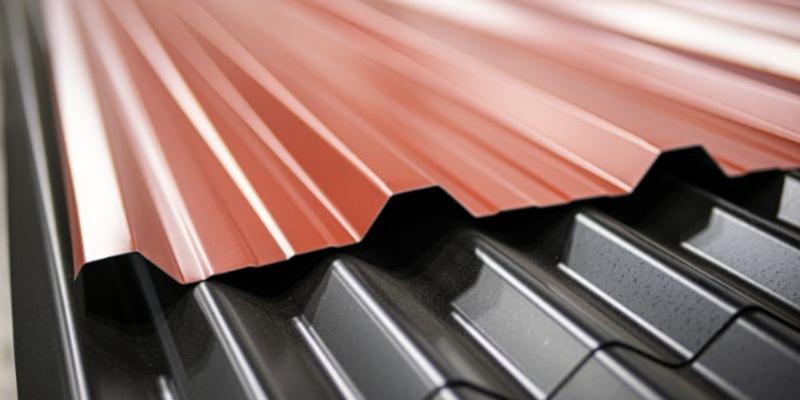
Factory-built homes are also designed for lower maintenance costs and outstanding durability.
Factory components are specified to ensure optimal performance in various weather conditions.
This reduces the need for costly repairs over time.
Heavy-gauge steel roofing, insulated walls, and low-maintenance siding improve energy efficiency. At the same time, they protect against water damage and heat loss.
The advanced framing systems used in factory-built housing provide superior structural support.
While factory-built housing offers many benefits, there are also some disadvantages to consider:
Limited customization options
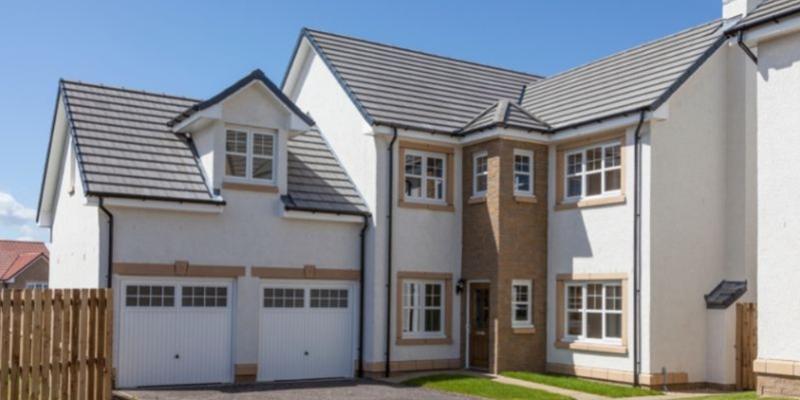
The limited customization options offered by factory-built housing can be a drawback. Some people want a truly unique and personalized home. This is possible only with traditional homes that can be built and designed from the ground up.
Factory-built homes have a limited range of options for customizing the design, floor plan, and finishes.
For those who have a strong vision for their home and want the flexibility to make changes, factory-built housing may not be the best choice.
Transportation
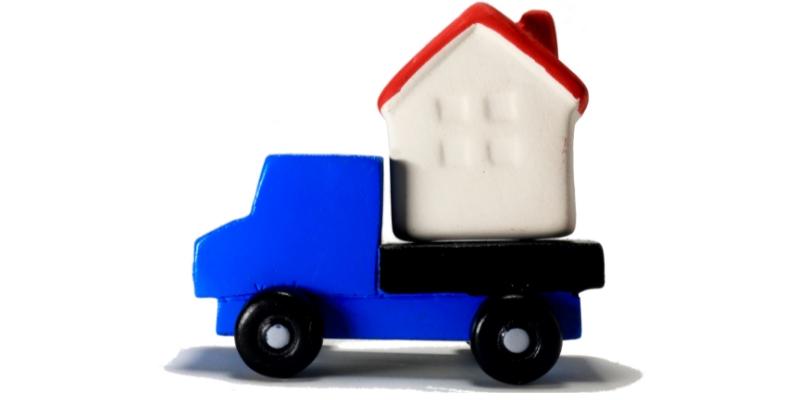
Transportation is a critical factor to consider when it comes to factory-built housing. The prefabricated sections of a home must be transported from the factory to the building site. This can sometimes pose challenges and result in additional costs.
For example, the size and weight of the sections may need specialized equipment or transportation methods. These can be costly.
Additionally, there may be restrictions or limitations on the routes that can be taken.
Builders must consider low bridges or narrow roads that can increase the transportation time and costs.
Weather conditions
Weather can make it hard to move and put together factory-built homes in some areas. Heavy snow or high winds are two examples of bad weather that can make this happen. This can result in delays and added costs.
It’s important to plan ahead and consider these transportation challenges when considering factory-built housing as an option.
Seek the advice of an experienced builder to ensure that you are prepared for any transportation-related issues that may arise.
Restrictions on permits and zoning
Some local governments may have rules about how factory-built homes can be used. which could make them unsuitable for some places.
Construction Standards for Factory-Built Housing
There is still a risk of defects or other problems arising due to the nature of the building process
Factory-built housing must meet the same building codes and safety standards as site-built homes. But they have different construction techniques.
Conclusion
In conclusion, factory-built housing is the future of affordable homeownership.
It’s important to weigh the advantages and disadvantages of factory-built housing before making a decision.
Seek the advice of a professional builder or consultant if necessary.
The Premier Builder Group offers the most efficient solution for the home construction or renovation projects.
Our services are beneficial to a wide range of stakeholders in the housing industry.
Whether you are:
- a Realtor looking to offer top-notch properties to your clients,
- an Investor seeking to maximize your returns,
- a Homeowner looking to upgrade your living space, or
- a General Contractor looking to streamline your operations,
our solution can help.
We are dedicated to providing the best possible service and results to all of our clients and are committed to delivering on our promise of efficiency, quality, and affordability.
So, if you are ready to take your home construction or renovation project to the next level, look no further – we are here to help.
Our CEO, Gordon Grigg from Nashville, will help you make the best decision. Contact The Premier Builder Group now.
We would love to connect with you!
